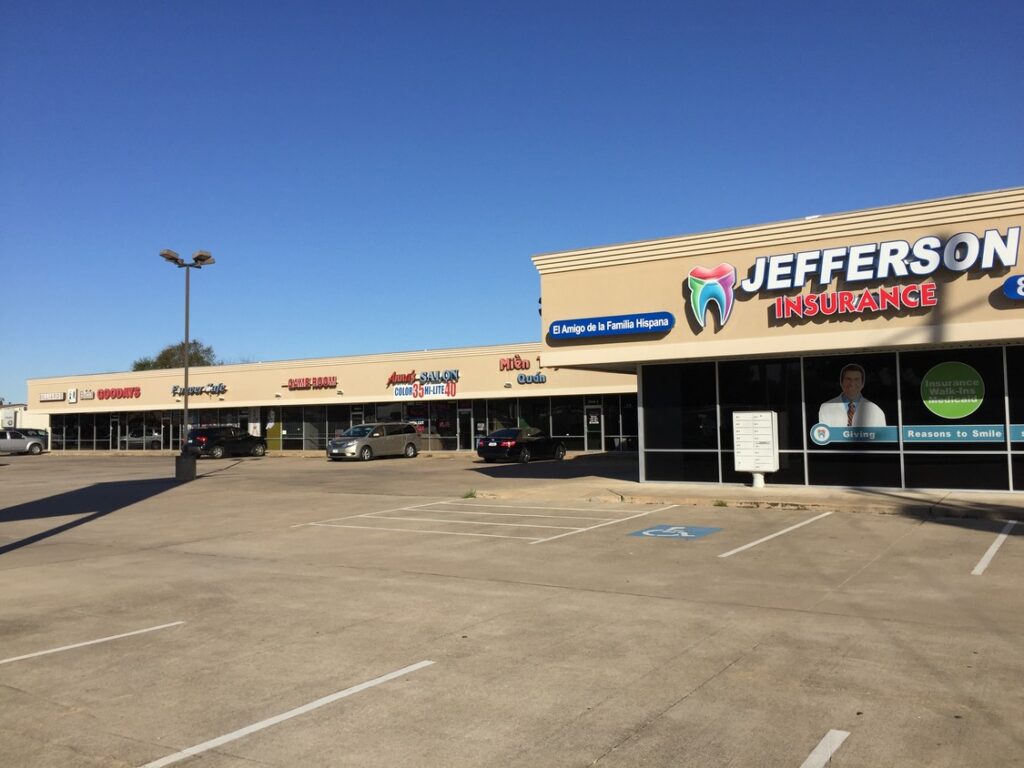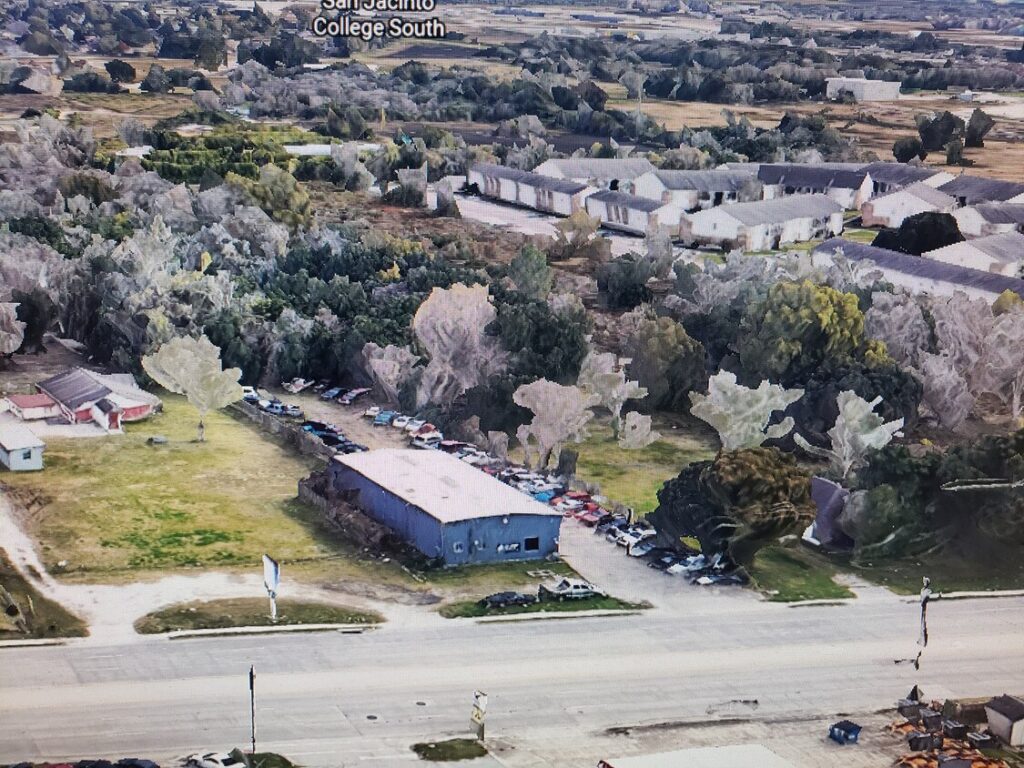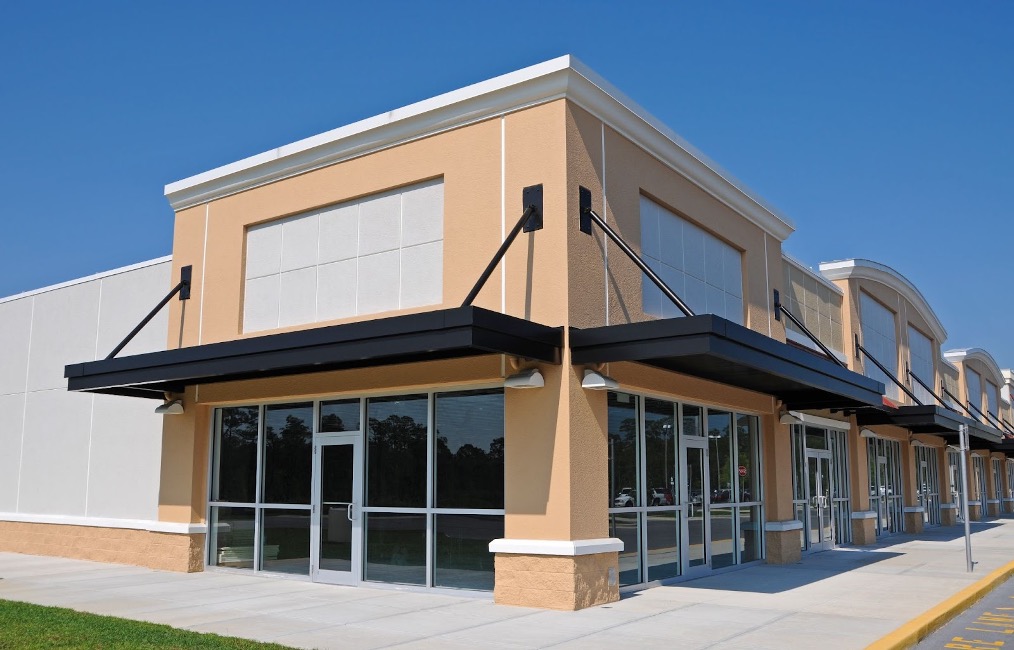Leasing a commercial property in Texas can be a significant investment for any business. With so many factors to consider, it can be difficult to know whether leasing is the right choice for your company.
In this blog, we’ll explore the pros and cons of leasing a commercial property in Texas, so you can make an informed decision for your business. We’ll cover everything from the financial considerations to the practical aspects of leasing, giving you a comprehensive guide to help you determine if leasing a commercial property is the best option for your company.
Advantages of Leasing a Commercial Property

Leasing a commercial property can offer a variety of benefits for businesses of all sizes. Here are some of the advantages of leasing a commercial property:
Lower Initial Costs
One of the biggest advantages of leasing a commercial property is that it can be more affordable than buying a property outright. When you lease a property, you don’t have to pay the large upfront costs associated with buying a property, such as a down payment, closing costs, and appraisal fees. This can free up cash flow for other important business expenses.
Flexibility in Location and Space
Leasing a commercial property can offer more flexibility than buying a property. With leasing, you have the freedom to choose a location and space that suits your business needs and can move to a new location once your lease expires.
Limited Liability
When you lease a commercial property, you are not responsible for the property’s upkeep and maintenance. This means that you won’t be held liable for any damages or repairs that need to be made to the property. The landlord is responsible for ensuring that the property is well-maintained and in good condition.
No Property Management Responsibilities
Another advantage of leasing a commercial property is that you don’t have to worry about property management responsibilities. Property management can be time-consuming and requires specialized knowledge. When you lease a property, the landlord or property management company takes care of all of these responsibilities.
Tax Benefits
Leasing a commercial property can also offer tax benefits for your business. Lease payments are typically considered a tax-deductible expense, which can reduce your overall tax burden. Additionally, lease payments are usually lower than mortgage payments, which can further reduce your tax liability.
Disadvantages of Leasing a Commercial Property

Leasing a commercial property has its drawbacks as well. Here are some of the disadvantages to consider:
Limited Control Over the Property
When leasing a commercial property, the tenant may face restrictions on how they can use the space, which can limit their control over the property. This may include limitations on modifications or improvements that can be made to the space.
No Equity Buildup
Unlike owning a property, leasing a commercial property does not allow for any equity buildup. The tenant is essentially paying to use the property, with no ownership stake in the asset.
Rent Increases
Lease agreements typically have a fixed term, but at the end of the term, landlords have the right to raise the rent. This can be a disadvantage for businesses that are operating on a tight budget and may not be able to afford sudden rent increases.
Restrictions on Modifications and Improvements
In addition to limited control, tenants may also face restrictions on modifications or improvements that they want to make to the property. This can hinder a business’s ability to customize the space to their specific needs.
Possibility of Lease Termination
A landlord may terminate a lease agreement before the end of the term if the tenant breaches the lease agreement or for other reasons outlined in the lease agreement. This can be a disadvantage for businesses that have invested significant time and resources into building out the space.
Factors to Consider When Leasing a Commercial Property in Texas
When considering leasing a commercial property in Texas, there are several factors that should be taken into account to ensure that the property will meet the tenant’s needs and budget. Some of these factors include:
Lease Term and Renewal Options
The length of the lease term and the options for renewal should be carefully considered before signing a lease agreement. A shorter lease term may provide more flexibility, but it may also mean more frequent negotiations and potential rent increases. A longer lease term may provide more stability and better rent rates, but it may also limit the tenant’s flexibility to move or make changes.
Rent and Additional Expenses
The monthly rent for the property and any additional expenses, such as utilities, maintenance, property taxes, and insurance, should be carefully reviewed and negotiated if necessary. It’s important to make sure that the rent and expenses are within the tenant’s budget and that there are no hidden costs or unexpected fees.
Security Deposit and Other Fees
The security deposit and any other fees required by the landlord, such as application fees or late payment fees, should also be considered. It’s important to understand the terms of the security deposit and any conditions that may result in its forfeiture.
Property Condition and Maintenance Responsibilities
The condition of the property and the tenant’s responsibilities for maintenance and repairs should be thoroughly inspected and discussed before signing a lease agreement. It’s important to make sure that any necessary repairs or improvements are completed before the tenant moves in and that the tenant’s responsibilities for maintenance are clearly defined in the lease agreement.
Tenant Improvements
If the tenant plans to make any improvements or modifications to the property, such as adding partitions or changing the layout, it’s important to discuss these plans with the landlord and negotiate any necessary changes to the lease agreement. The lease agreement should clearly outline the tenant’s rights and responsibilities for making improvements and the landlord’s obligations to approve or deny these changes.
By carefully considering these factors and negotiating favorable lease terms, a tenant can ensure that they are leasing a commercial property in Texas that meets their needs and budget, while also protecting their interests and minimizing their risk.
How to Make the Right Decision
When it comes to making the right decision about leasing a commercial property in Texas, it’s important to approach the process thoughtfully and strategically. Here are some key factors to consider:
Assess Your Business Needs and Goals
Before you start looking at commercial properties to lease, it’s important to take a step back and assess your business needs and goals. Consider factors such as the size and layout of the space you require, the location that makes the most sense for your customers and employees, and your long-term growth plans.
Consider the Financial Impact of Leasing
Leasing a commercial property can have a significant impact on your business finances. In addition to the base rent, there may be additional expenses such as utilities, property taxes, and maintenance costs. Make sure to carefully evaluate the financial implications of leasing a particular property before signing a lease agreement.
Research and Compare Different Properties and Landlords
To find the right commercial property to lease, it’s important to do your research and compare different options. This includes not only evaluating the properties themselves, but also the landlords and property management companies that you will be working with. Look for a landlord who has a good reputation and a track record of working well with tenants.
Consult with a Real Estate Broker
If you’re feeling overwhelmed by the process of finding and leasing commercial property, consider working with a real estate broker who specializes in commercial leasing. A good broker can help you navigate the process, identify suitable properties, negotiate lease terms, and ensure that your interests are protected throughout the process. One of the best realtors in Texas are found in Apex Realtors. We have years of experience in real estate and are here to help.
Lease a Property in Texas!
In conclusion, leasing a commercial property in Texas can be an effective way for businesses to secure the space they need without taking on the financial burden of ownership. However, it’s important to understand all of your options and carefully evaluate potential properties before signing a lease agreement.
The next time you consider leasing a commercial property in Texas, consider calling Apex Realtors for a thorough and guided experience. We can advise you on all aspects of the process and help ensure that your interests are protected. Contact us today to learn more about what we can do for you!This article has been provided by Apex Realtors, a real estate broker specializing in commercial leasing in Texas. Contact us today for more information!

